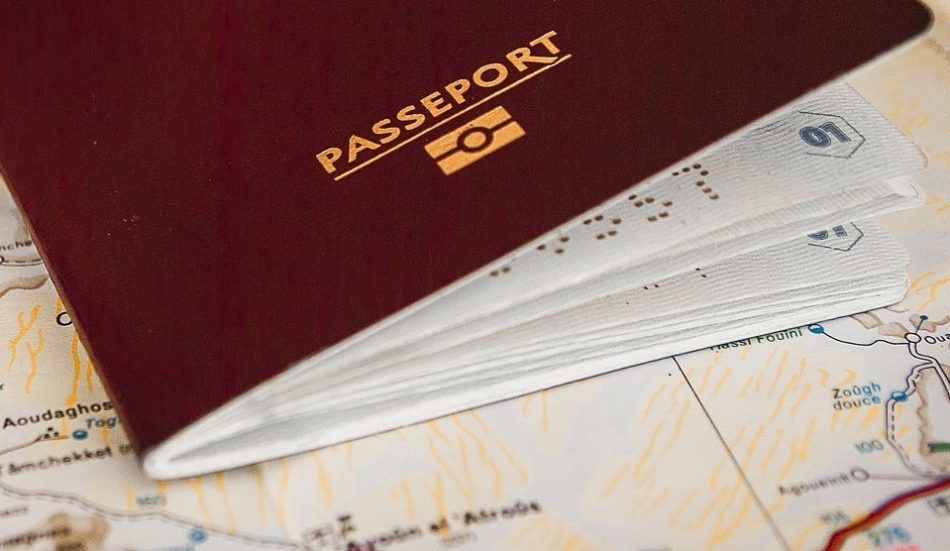The Government of Grenada announced today the launch of ePassport and ePassport Issuing and Control System.
Grenada is only the sixth Caribbean country to introduce ePassports joining Caribbean neighbours – Antigua and Barbuda, the Bahamas, Barbados, St. Kitts/Nevis and St. Vincent and the Grenadines and several countries worldwide already use e-passports.
In 2001, Grenada was the first among CARICOM countries to transition from handwritten to machine-readable passports.
Prime Minister Dr. The Rt. Hon Keith Mitchell said..
Today marks a significant milestone, not only for the Immigration and Passport Department but for the wider Ministry of National Security and indeed, for Grenada on the whole.
The launch of our ePassport and ePassport Issuing and Control System represents a coming of age for us in Grenada. ePassports are being increasingly used around the world because they offer greater security features, allowing countries like ours, to engage in more efficient border control practices.
Maintaining the integrity and security of our national passport is also critical given the significant emphasis placed on our Citizenship by Investment (CBI) Programme. In attracting citizens by investment, we must ensure that the passports we offer as part of the CBI benefits package, represent the most secure form of travel document—and that brothers and sisters, is what we will be getting with the new ePassports.
The new ePassport is similar in appearance to a regular passport but the unique characteristic is the chip that is embedded in the cover. This chip stores your biometric data – it provides for facial recognition and other information that is unique only to you. From a national security standpoint, the ePassport significantly reduces the potential for forgery. Your biometric data stored on the chip in your ePassport will be protected through Public Key Infrastructure (PKI), which allows for the secure transfer of information.
Government has invested $3.5 million US dollars into this project. Government’s investment in the project, we are also subsidising the cost of the new passports, at this time. The ePassports will be offered at a cost of $175, the lowest cost among our OECS neighbours. Government is absorbing more than 50-percent of the cost.
The pages of new ePassport features several iconic images that are distinctly Grenadian – images that depict scenes from Hillsborough on our beautiful sister island, Carriacou; our brand-new Parliament building; the Maurice Bishop International Airport; the Kirani James Athletics Stadium and our Father of Independence, Sir Eric Matthew Gairy.
What is an ePassport?
![]()
An ePassport is a biometric passport which includes a chip, which can be used at the automated ePassport gates instead of having your passport checked by a Border Force officer. The chip holds the same information that is printed on the passport’s data page: the holder’s name, date of birth, and other biographic information. In some countries, including Germany, ePassports include two fingerprints as well.
ePassports are designed to increase security, making it more difficult to change data recorded on a passport and therefore limiting the chance of fraud.
In addition, all e-Passports issued by Visa Waiver Program countries and the United States have security features to prevent the unauthorized reading or “skimming” of data stored on the e-Passport chip.
Source: Government of Grenada





